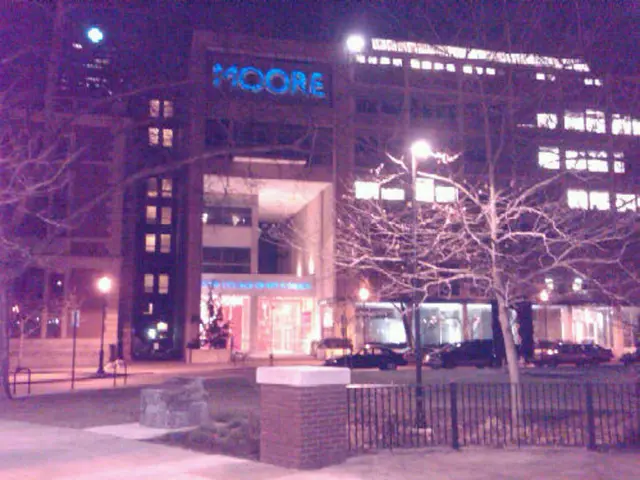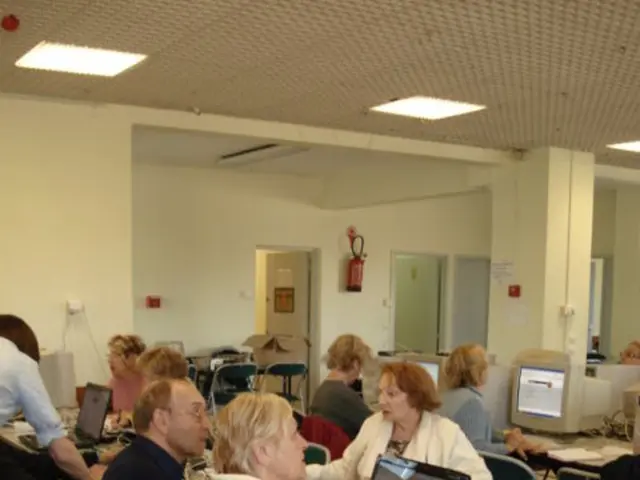Protests in Multiple Urban Areas: Uncertainty Surrounds Government's Strategy for Regulating the Healthcare Sector
"Take a Stand for Our Medical Liberties"
While street demonstrations may not be common for doctors, that's exactly what happened on Tuesday, April 29, with thousands taking to the streets from Paris to Marseille, and many places in between. The rallying cry? A resounding "No" to a cross-party proposal from Guillaume Garot, a Socialist MP from Mayenne, supported by over 250 other deputies hailing from various political sides (except the National Rally).
This proposal, which stands a good chance of success, seeks to tackle France's longstanding "medical deserts" issue by handing regional health agencies control over where physicians can set up shop[1][2]. Under this plan, doctors aiming to practice in areas deemed to have "acceptable care provision" (just 13% of French territory) would need approval, which would only be granted if they're replacing a retiring physician. In the remaining 87% (underserved areas), authorization would come automatically[1][3].
Many within the profession, including a significant number of interns and students, oppose this regulation. A week before the text's resumption on May 6, one in two interns said they were ready to strike, according to their intersyndicate (ISNI).
The controversy stems from perceived restrictions on professional freedom. Critics view the regulation as a threat to their autonomy to choose practice locations, an essential aspect of France's healthcare system. Young medics, students, and unions fear it could lead to a "bureaucratic chokehold"[4].
Medical unions, including the French medical students' association, have taken a firm stance. Since April 28, 2025, they've initiated indefinite strikes, culminating in surgery shutdowns nationwide. Philippe Cuq of Avenir Spé Le Bloc dismisses the plan as a "quick fix" for systemic issues like underfunding and burnout[4][3].
Critics argue the proposal overlooks the root causes of medical desertification, such as waning interest in general practice and uneven resource allocation[1][4]. The government’s counterproposal—voluntary service in underserved areas—has been deemed insufficient to address these structural challenges[4].
- Protesters, primarily medical students and interns, protested the proposed policy in various cities, including Nantes, on Tuesday, April 29.
- The proposal, declared by Guillaume Garot, a Socialist MP from Mayenne, seeks to address France's "medical deserts" issue but has been met with opposition from many within the medical community.
- Workplace wellness, health and wellness, fitness and exercise, and mental health have become key concerns for the protesters, who argue that the regulation threatens their professional freedom.
- Critics, including medical unions and the French medical students' association, fear the proposed regulation could lead to a "bureaucratic chokehold," potentially exacerbating existing issues such as underfunding and burnout.
- According to many, the proposed regulation, supported by over 250 deputies, overlooks the root causes of medical desertification, such as waning interest in general practice and uneven resource allocation.
- In response to the criticism, the government proposed voluntary service in underserved areas, but this counterproposal has been deemed insufficient to address the structural challenges.
- The controversy over this policy has escalated, with the medical unions initiating indefinite strikes and even leading to nationwide surgery shutdowns, highlighting the importance of the issue in the wider context of politics and general news, as well as war and conflicts, policy and legislation, and science.










